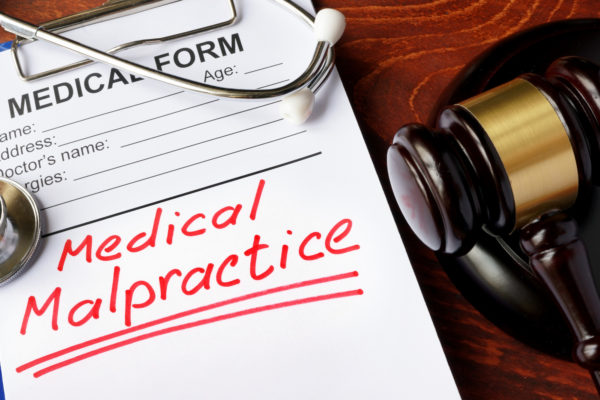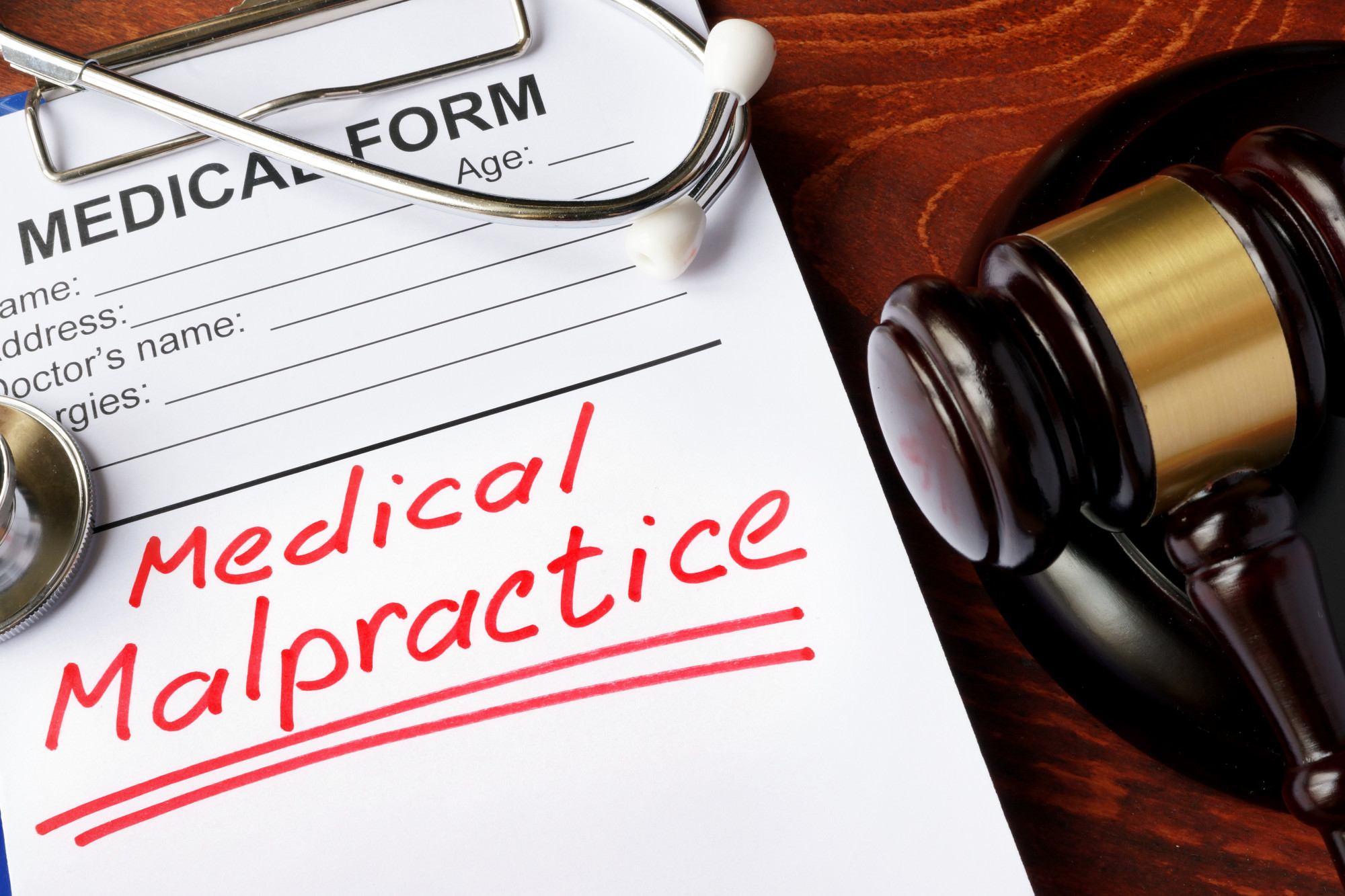
Medical malpractice is a serious topic, but it’s also something that gets used inappropriately by many people who are simply looking for a handout. Studies, including one from Purdue University published in 2017, have found that over a quarter-million people die every year from medical mistakes.
That’s a good reason for doctors and victims alike to take this topic seriously, as there is the potential for some significant long term damage for either party involved. Victims of these situations can have life-threatening consequences while doctors can lose their careers over just one incident.
When trying to determine whether or not a case of true medical malpractice has occurred this is what is considered.
Promptness of Medical Malpractice Reporting
In order for medical malpractice to be determined and taken care of, it must be reported shortly after the incident or illness happens. This is to protect the doctor and medical staff involved from getting put at fault when it wasn’t caused by them.
Medical Negligence
It’s important to note that just because a patient’s condition gets worse, it doesn’t mean it’s a criterion for medical malpractice. Everyone is different, and if it happens that a certain treatment didn’t go as hoped, the doctor is not normally found at fault. The responsibility of the doctor is to act professionally and treat you to the best of his or her ability. In addition, there are some conditions that will only get worse over time and do not have any kind of immediate cure or treatment available.
A Doctor’s Recklessness
Much like what was mentioned above, with conditions that worsen over time, the same parameters exist for patients who are not treatable. If a person is injured in an accident and contracts an illness, the blame can’t be placed on the physician simply based on the outcome of the patient. As long as the doctor took the best course of action according to his or her knowledge on how to move forward with treatment, this is not considered to be recklessness or medical malpractice. If you believe that a medical professional intentionally gave you the wrong treatment to harm you, it’s important to take notes and save any documents related to the visit to the doctor as that is medical malpractice.
Treatability of a Victim’s Illness
Of course, in some cases, patients have a condition or illness that just isn’t treatable. Or, they can be treated with an expectation that things will not turn out how they want them to. Sometimes, people like to blame doctors who aren’t able to make them feel better, but recovery from a serious injury or illness completely depends on who’s involved and their body responds to the treatment. Medicine is not guaranteed to work for everyone, which is why it is certainly not considered malpractice to fail a plan for treatment. Malpractice laws are not in place to lend a hand to the unfortunate, but to make sure that people are getting fair treatment and the best approach for tackling a health issue.
Testimony From an Expert
A critical part of determining malpractice is to get advice from someone who is very familiar and comfortable with the industry. Someone like a medical malpractice lawyer can be a big help in these situations as well as to help you come out on top in the courtroom. In almost all cases, testimony from an expert is required by state law during a trial. Medical malpractice is not something that is taken lightly, so you can rest assured that you’re in good hands after talking to an attorney or expert in this department.
Medical Officials Panel
When a patient makes a medical malpractice claim, it is taken seriously right from the very start. After the initial paperwork is done, a panel in the medical field has a meeting to determine if the person has a potential case. It’s important to know that this panel cannot replace a real trial in a courtroom, nor award damages, but this is one step that someone must do in order to officially file a malpractice situation. After all the evidence that is presented to the group is reviewed, it is then decided if this is a case of medical malpractice or not. Obviously, the ones that are real cases move forward to the legal system.
